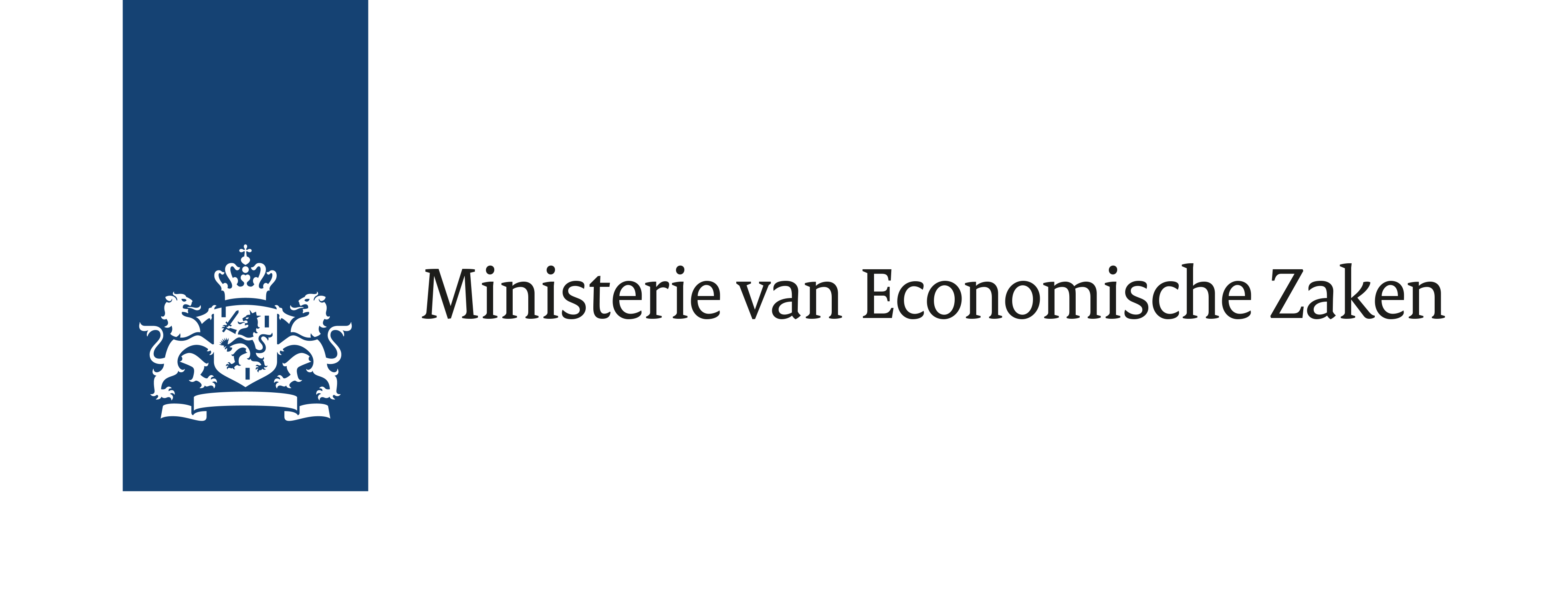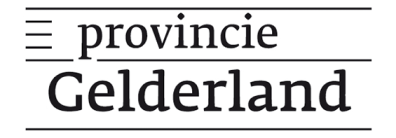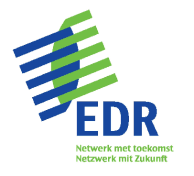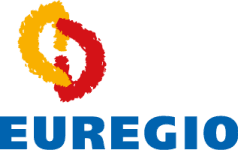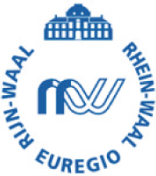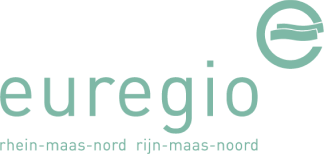Cancer remains one of the leading causes of death in the
Netherlands and Germany. Improved approaches to the diagnosis and treatment of
cancer could be crucial for both individuals and society.
NanoDetect aims to utilise the promising new concept of
relaxometry (relaxometry measures how quickly particles relax again after
excitation in order to obtain information about tissue or materials) for cancer
diagnosis.
Nanoscopic diamonds are used as optical sensors in cells to
identify individual tumour cells with deviating metabolism. The implementation
of this sensor concept requires various competences, e.g. in molecular biology,
material sciences, optics, electronics and computer science. These are
contributed by the cross-border partners in the consortium:
- FH Münster University of Applied Sciences is in charge of the project.
- As a technological innovator, QTsense is developing the integration of hardware and software for the prototype.
- Universitair Medisch Centrum Groningen contributes extensive experience in biomedical research and clinical application.
- Jüke Systemtechnik GmbH provides support with many years of experience in the development of analytical measuring devices.
- University of Osnabrück specialises in sensor control electronics.
- Leibniz-Institut für Oberflächenmodifizierung e.V. contributes its expertise in the processing and modification of diamond materials.
- TAFH Münster GmbH is responsible for project management.
- bill-X GmbH is developing a digital image of the measuring apparatus – a so-called digital twin.
The aim is to develop and test a prototype that resembles the
structure of an optical microscope – adapted to the special requirements of
relaxometry. This test setup could be used in research facilities, clinical
laboratories and directly in hospitals in the future.
There are many possible applications for this diagnostic
procedure. They range from use in scientific research laboratories to
diagnostics directly in hospitals, clinics and laboratories. Due to this
innovation potential, we expect joint added value for the individual project
partners and regions.
In the long term, the project pursues the overarching goal of
improving the chances of treatment for cancer patients through earlier, more
precise diagnoses – and thus an important step towards the personalised
medicine of tomorrow.

